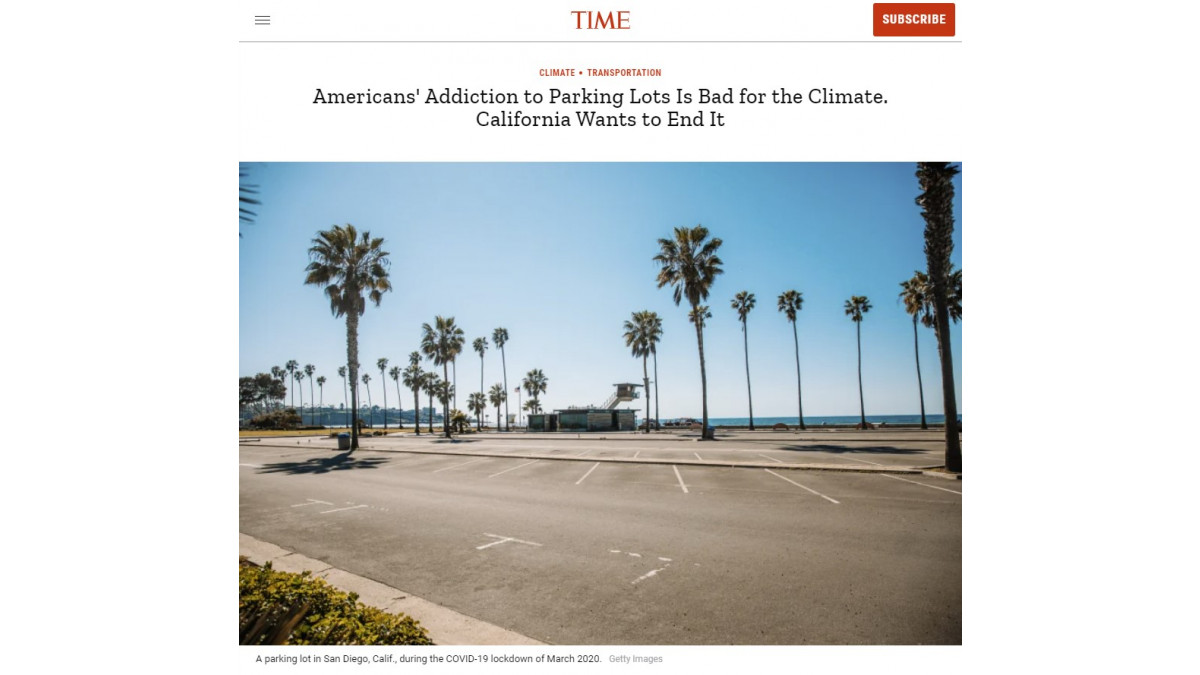
Siegman & Associates founder Patrick Siegman spoke with Ciara Nugent of Time about minimum parking regulations, the economically-illiterate philosophy behind them, and why they increase traffic congestion, pollution, and carbon emissions:
“City planners first introduced parking minimums in the 1920s, as a way to deal with the sudden arrival of motor vehicles in the streets, says Patrick Siegman, a San Francisco-based transportation planner and economist. As car numbers boomed over the next few decades, parking minimums became planning gospel nationwide, and were copied in cities in Europe, Australia, Mexico, and beyond.
The policies approached cars like flood waters: if you have enough off-street parking to store the cars, then they won’t overflow into the streets, Siegman says. “Unfortunately, though, people are not as mindless as a drop of water; we make decisions about how to travel based on how much it costs, what options are available, and what is convenient.”
Continue reading at Time.